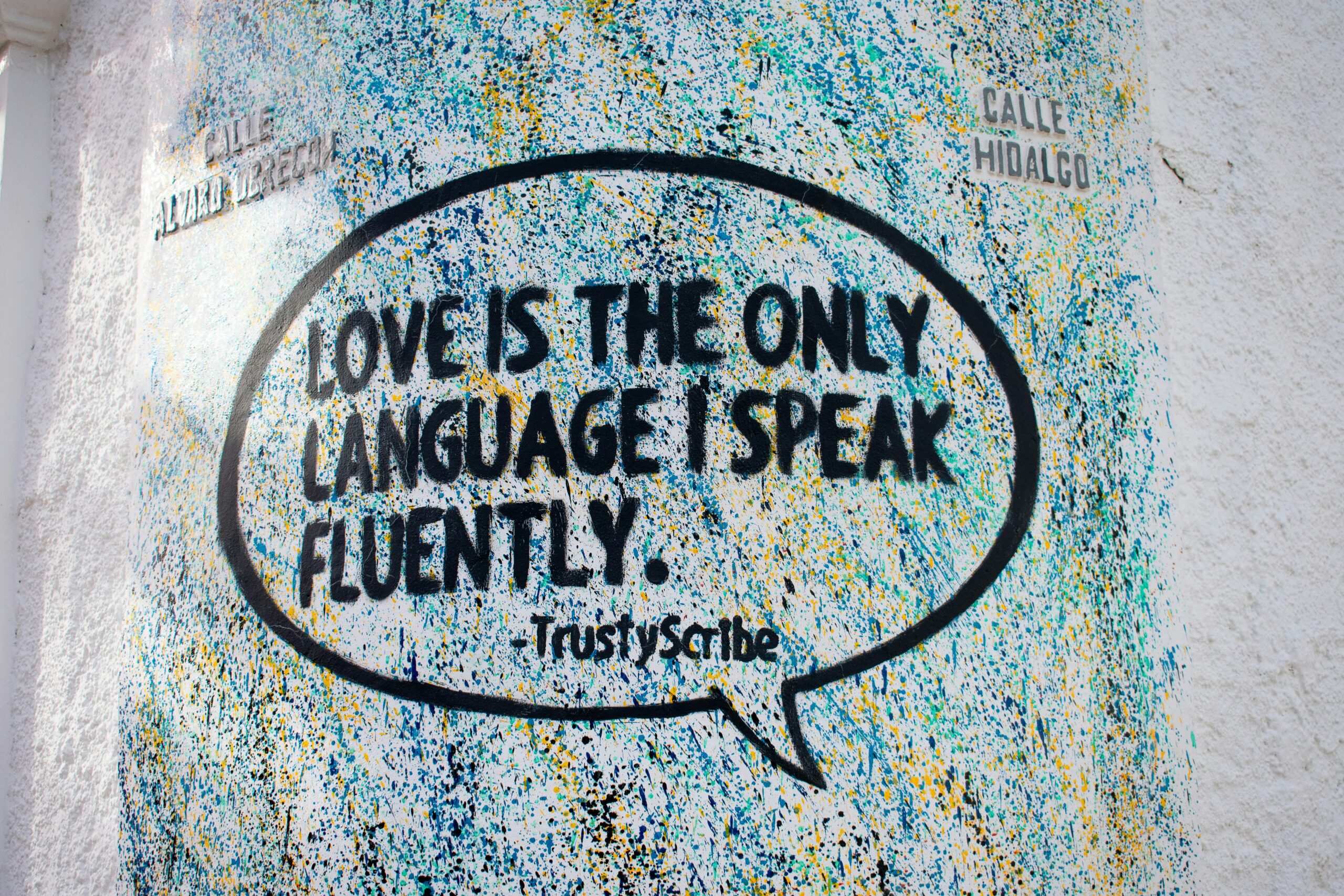A Small Conflict, But I Stayed Calm
“Freedom is the only worthy goal in life. It is won by disregarding things that lie beyond our control.” — Epictetus
This morning hasn’t exactly gone as I’d have liked it to! Ever had days where you wake up and feel like everything is clicking in perfect order? This morning was not one of those mornings. It began like any other — the alarm went off at the same time, I got up refreshed, and my normal morning routine continued without a hitch. This morning was very different: a fast breakfast with coffee, and I felt good to face the day.
However, there it was — completely out of the blue — a minor debate. It was over something very minor, a relatively thoughtless comment from someone I respected that I did not fully share their view on. Do you know how something someone says flares things up every so often in just the right way? It was not the end of the world, but it was enough to irk me. My gut response was to argue against that idea, to say something in return, and make my case. This led to a seemingly minor disagreement exploding into something much greater.
All of a sudden, it became a tit-for-tat situation, with voices just a little louder, both of us trying to drive our points home. It was one of those arguments that never should have happened — just a moment where emotions took over. I could feel my heart racing and my mind jumping to defend myself, getting pulled deeper into the heat of the argument.
In these heated moments, there’s always a choice, even if it feels impossible to see. Two paths lie ahead: one where friction escalates into something more destructive or another where you pause, stay silent, and let the heat simmer down. Conflict tricks us into believing the situation is urgent, critical, and all-consuming, but in reality, it’s often just a fleeting moment. What feels overwhelming at the time rarely lasts, and stepping back reminds us that we always have control over how we respond, even if emotions try to convince us otherwise.
At that moment, what saved me was a lesson I’ve been trying to learn on Stoicism from one of the most important philosophers in this school, Epictetus. Epictetus felt that we should direct our energies only toward things within our control and accept what is otherwise. While we are not in control of the actions of others, we have 100% power over what we think and do. He reminds us time and again that things happen in this world over which we have too little influence, and learning to live with this reality is a primary basis for our peace.
I concluded that I could not change what other people say or do. I had no say in what they thought about it.
But how could I control my responses?
I had the choice not to fuel the fire, to avoid letting one small argument ruin my mood or my morning. I’ve both literally and figuratively hit pause on this conversation.
Did I really want to pour my energy into something so insignificant? I asked myself. Was this argument worth ruining my entire morning? The answer was clear: no, it wasn’t. Winning the argument wasn’t as important as keeping my cool. At that moment, what mattered more was preserving my peace of mind, not proving I was “right.”
Therefore, rather than engaging emotionally in the situation, reasoning and arguing about my “rights”, I moved on. I didn’t have to impress anyone.
This was not about right or wrong. ’Nah, no big deal. Let’s move on.’ This is all I said. The other person looked surprised. They thought I would give them a fight. They did not expect me to cave so quickly, and as soon as I did, the tension immediately started to leave. As to be expected then, the conflict petered out.
It was in this moment that I realised the power of being calm in conflict. If we can pause just for a moment and choose not to react, we stop the fire from spreading wildly. More than anything else, we save our mental peace.
Finally, I felt dismissed relief after the argument. It would have ruined my whole mood for the morning, got me all irritable and peed off. However, I was able to remain in control of my own emotions as a result of staying calm.
I was able to go on with my day instead of adding the weight of that argument and its emotional baggage onto my shoulders. Letting it go was freeing, a way to avoid carrying unnecessary burdens and regain my focus.
Now, of course, I know that this is easier said than done. Emotions are heightened during the conflict. It is something that happens; we want to react, defend, or show something. However, what I discovered is that it actually takes true bravery to remain calm. It does not mean we are weak, and it is definitely not saying that we are letting others walk all over us. In fact, it’s the opposite. Staying calm is our decision to let our inner strength dominate our thoughts and actions.
This experience also helped me remember that sometimes, things are not meant to be responded to. The best thing is just to let it be.
In conclusion, we don’t have to agree all the time, but there’s always a point to be made. The intensity of our anger often reflects how disconnected we are from our true selves. The real test of character is whether we can return to that sense of self, even when everything is going wrong around us.
Ultimately, the disagreement was nothing more than a brief hiccup in an otherwise ordinary morning. It was minor, but it gently reminded me of how I want to handle challenging moments in the future. I kept my cool, and that saved my sanity, allowing me the satisfaction of resolving the issue quickly.
Your Turn: The next time you find yourself in an argument, try giving yourself a Moment of Pause. Ask yourself, ” In this situation, does what I say or how I act truly affect the bigger picture of my life?” If the answer is no, then let it go and choose serenity over strife. Notice how this simple shift changes your mood and defuses the situation. Think about how you can apply this Stoic principle in your everyday life — focusing on what truly matters and letting go of trivial frustrations — to create a balance between purpose and inner peace.







